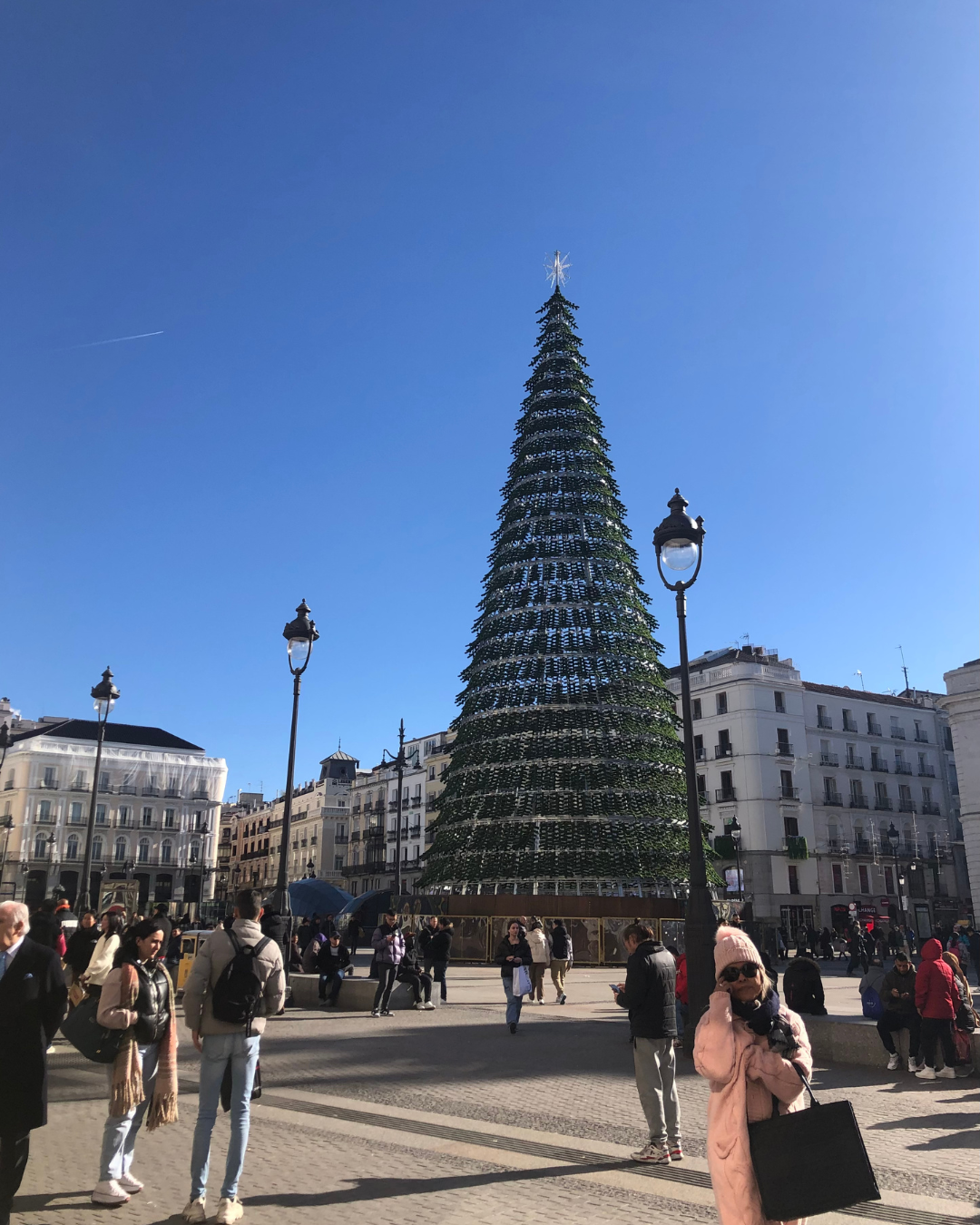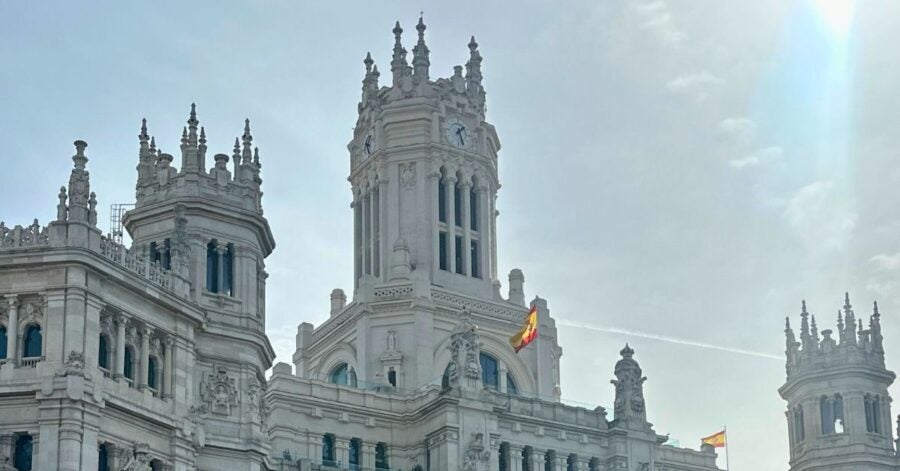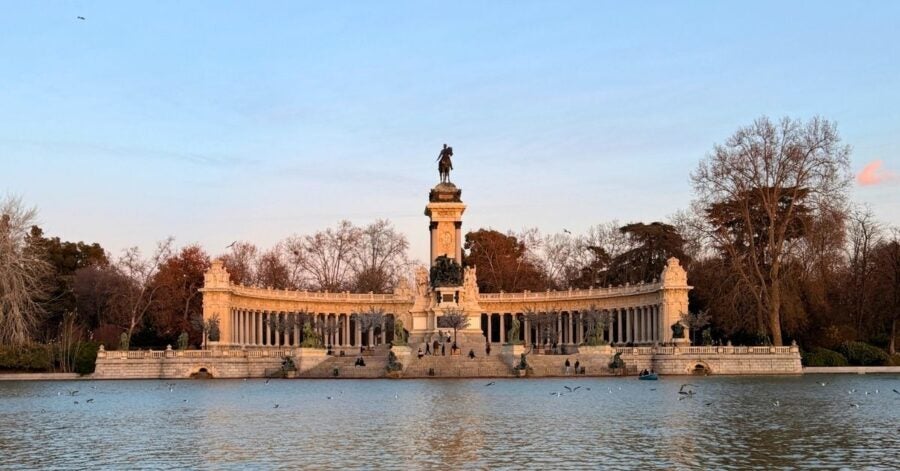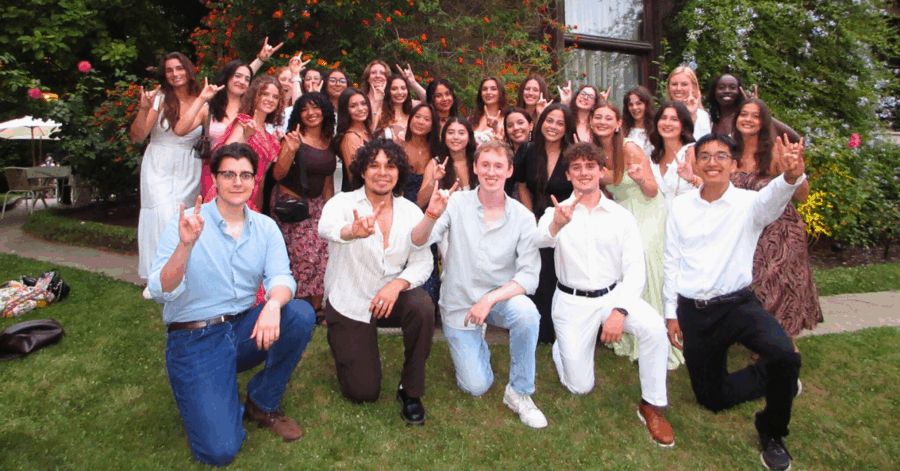If you’re going to Spain for the spring semester, you might arrive during Epiphany! Like many holidays in the predominantly Catholic country, Epiphany is deeply rooted in Catholic tradition.
Epiphany, or Three Kings Day, celebrates the day the three wise men made it to Bethlehem to give the baby Jesus their gifts. Epiphany is celebrated by parades, dancing puppets and clowns, gift-giving, live music, and medieval dress.
Don’t forget to grab a slice of Roscones de Reyes, a traditional holiday dessert.

Semana Santa, or Holy Week, is the final week of Lent leading up to Easter Sunday. When studying during the spring semester, Semana Santa will most likely fall during your spring break.
In Spain, Semana Santa is celebrated with floats (pasos), processions, and traditional Easter foods, which include fish stews and sweet pastries.
Note: Although those in the parade may look startling in their white robes and hoods, the traditional nazareno dates back far before the United States even became a country.
May 2, Madrid Day, commemorates the day the people of Madrid rebelled against the French Napoleonic forces in 1808, which ultimately led to the War of Independence and Spain’s freedom from French occupation.
This holiday immediately follows Spain’s Labor Day (May 1) and is only celebrated in the Madrid region. Madrid Day is celebrated with local parades, communal meals, and floral displays.
The National Day of Spain, celebrated on October 12, is a day of patriotism and national pride in Spain.
The most significant events of the day are the famous parade of government and military personnel (sometimes even the king makes an appearance!), as well as an air show by the Spanish Armed Forces.
Constitution Day, December 6, celebrates the signing of the 1978 Spanish Constitution and the day Spain became a democracy. Schools, government operations, and some businesses may be closed. Constitution Day marks the beginning of the December holidays for many.

From twinkling lights lining the streets to the giant Christmas tree in Puerta del Sol, Christmas in Madrid is truly magical.
Throughout Spain, Christmas markets are extremely popular, selling handcrafted gifts and trinkets to put shoppers in the holiday spirit.
Other Spanish Christmas traditions include large family feasts, Midnight Mass, and the ever-popular Christmas lottery known as El Gordo.
While not necessarily a holiday, Madrid keeps magic alive year-round with Ratoncito Pérez — Madrid’s version of the tooth fairy. If you look hard enough, you may even be able to spot the little door that leads to his home: a box of cookies in the Pasteleria Carlos pastry shop.
Zoe Caruso is an Education Abroad Peer Mentor providing support to students interested in studying abroad. Learn about this position and its services on the Peer Mentors Program webpage.





